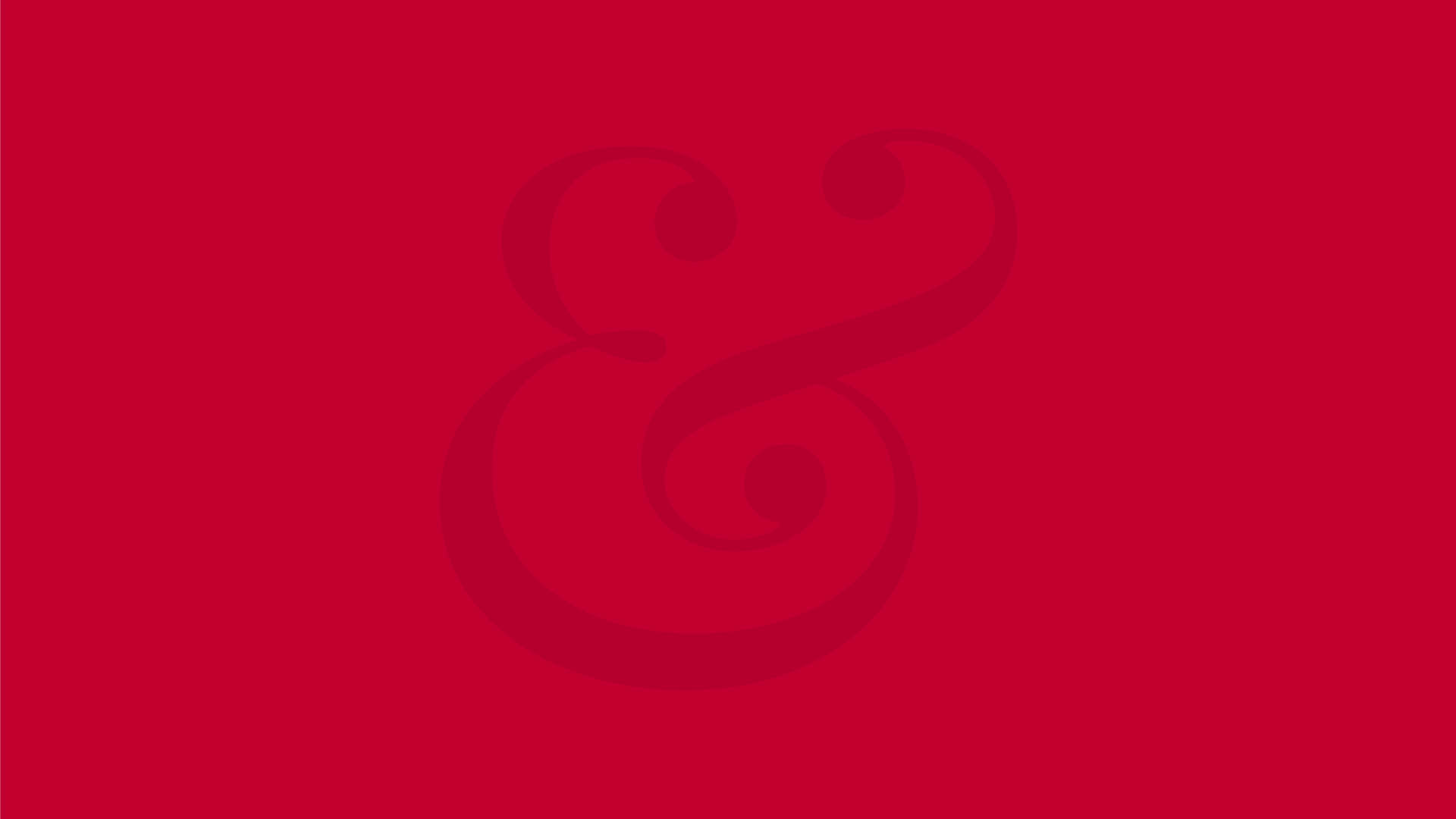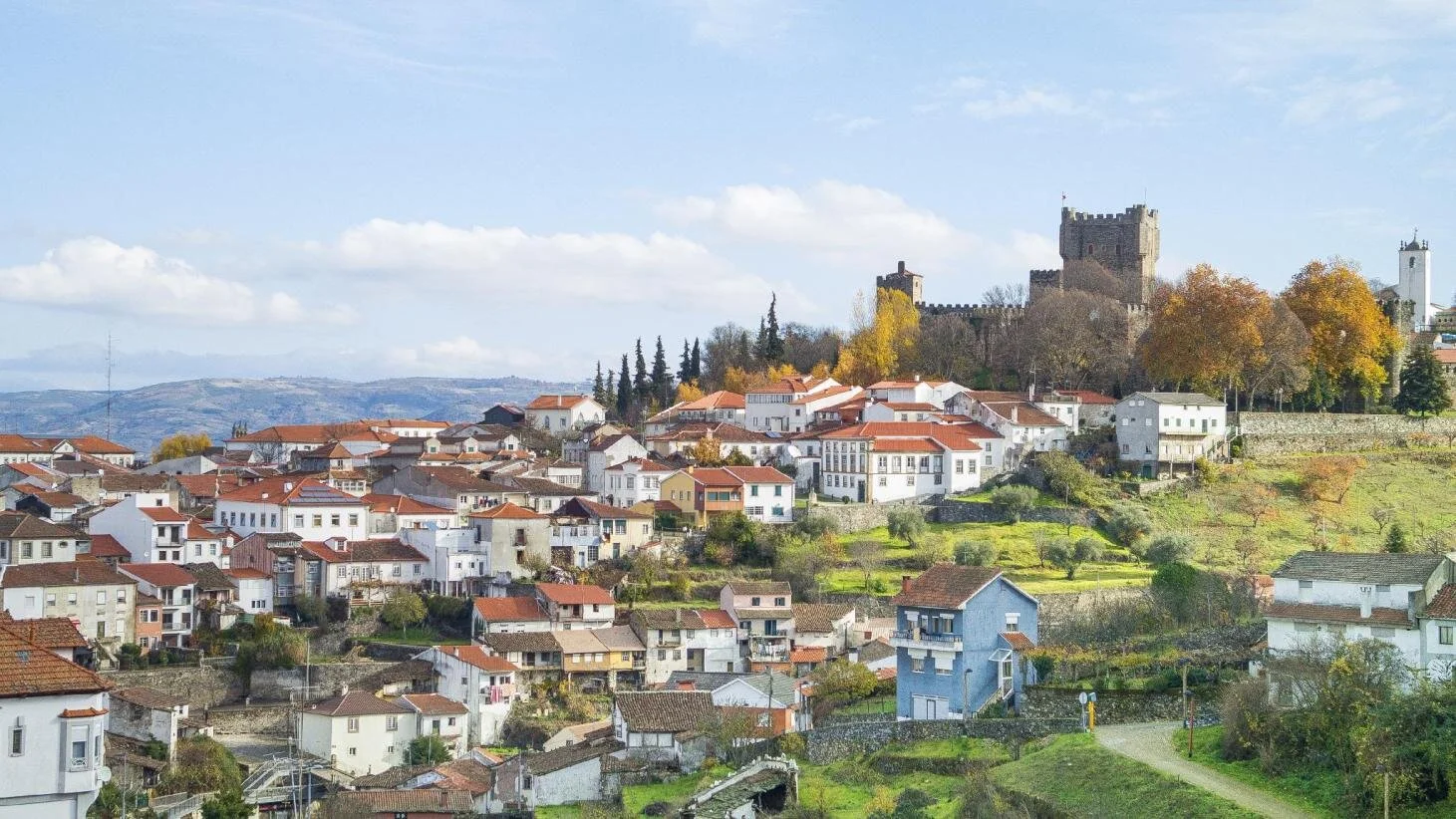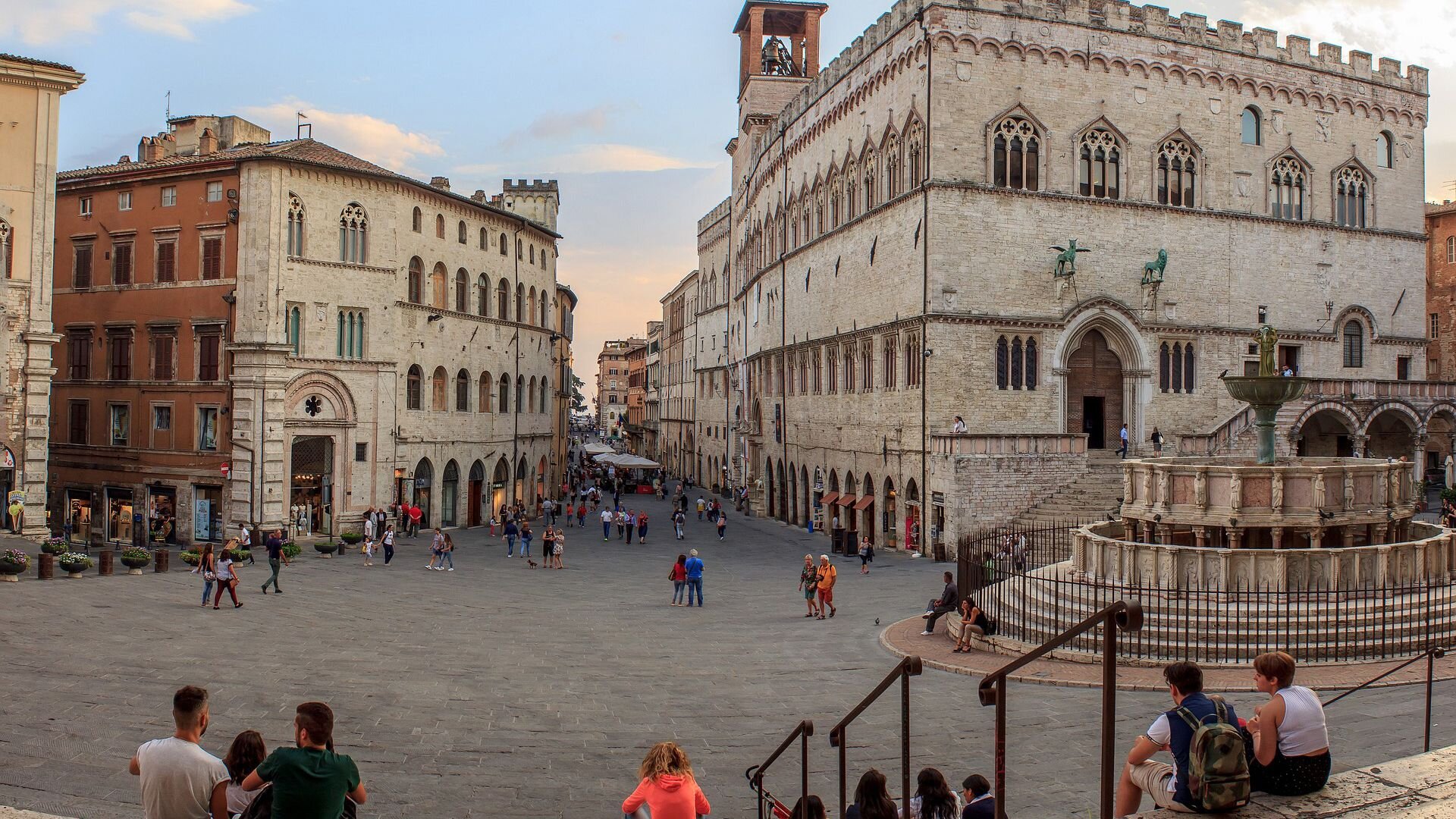You are the change you want to see in your city
City-as-a-Startup™ | Europe of Cities™ | Projects | People | Contact

The City-as-a-Startup Methodology
The City-as-a-Startup methodology has been created and developed in Europe by Adrian Docea, accredited EU urban brand strategies expert, inspired by his work with European cities, as well as with some of the most agile organizations in the world: successful startups from Europe and Silicon Valley.

The City-as-a-Startup Methodology
You will discover the first holistic, step-by-step methodology, designed to help cities - no matter how small - create visionary brand strategies, develop a competitive edge on the global stage and inspire city management professionals to think bigger.
The methodology has continuously been updated and improved, while being tested on the city of Alba Iulia, starting 10 years ago. The small town from the Eastern-European 'nomansland' - the old capital of Transylvania - was preparing for greatness. Alba Iulia was the first in the Eastern European area to have a long-term brand strategy, brand manual, and brand identity. The city also became the indisputable national leader in smart city technologies in Romania. Not bad, for a city you've never heard of, 40x smaller than the country's capital, Bucharest.
Alba Iulia is today an important case study for the EU. Its example is an inspiration for smaller & mid-sized European cities, that want to find their greatness but need a methodology to get there faster.

Ok, what’s with this “as a startup” thing, I’m not a startup
You’re right, your city is not a startup. But everything your city has to offer, education, work force, tourism, these are ‘products’ you offer in a global marketplace.
There are 10.000 cities in the world, all competing for a limited number of investors, entrepreneurs, students, tourists.
Why would they choose your city, rather than any of the other 9,999? If you want to win the competition, you need two things: “Find your greatness” and “Act fast!”This methodology was created to help cities find their greatness, but it’s up to you to act fast.

Probably the largest city you’ve never heard of: you can fit the entire population of Paris, Berlin, Madrid, Rome, Brussels & Vienna in it and you would still have a lot of free space: Chongqing, China,

The world has changed.
We’re completely out of time. European cities need to speed up or become the world's cutest historical theme park. Think about it: it may take a couple of years in Europe for a city to develop something as simple as a brand manual. That's how long it takes in Asia to develop an entire city. From scratch. That's agile thinking, inspired by the startup culture. We’re too slow here in Europe, too conservative, and way too relaxed about our future. Meanwhile, the world has already changed and we haven't even noticed it.
What your city needs, is Brand Strategy. You need it yesterday. Not just a pretty logo but solid strategic thinking. You need City-as-a-Startup. You can't expect your city to be competitive if you can't easily name that one thing that makes your city special, and none of the other 9,999 cities has. You don't need more conferences, seminaries, and academic theory. You need a simple, agile, yet brilliantly effective methodology that can help you Find Your Greatness, tell your story to the world, attract investors, entrepreneurs, students, tourists.

Where can we learn how to act fast? The Valley
The fastest-growing organizations on the planet, probably from the Roman Empire until our days, are all situated on a 100km strip, south of San Francisco, with Stanford University as a heart
This methodology was inspired by our work with some of the most agile organizations in the world: successful startups from the Valley and from Europe.

What can cities learn from successful startups?
Agile thinking
Small teams
Cheap experiments
Product iterations
User first
User stories
Failing faster
Weekly sprints
Kanban boards
Always measure
Build traction
Blitz-scaling

It all starts with this: looking at city management from a completely new angle
Most cities will not do that. But that’s ok, you can’t have 10.000 winning cities. But you’re here because you want to “Find Your Greatness”, so let’s do that!

Imagine you wake up tomorrow you’re no longer an employee of the city. You’re now a startup co-founder.
…and the city is your startup. Everything changes.

The 3 Principles of the City-as-a-Startup Methodology

1 Prioritize, don’t oversize
Successful startups know that no product can solve all the problems. Uber gets you from A to B. Airbnb helps you find accommodation. Tripadvisor helps you select what’s worth visiting. These are all unicorn companies, worth billions of dollars. But none of them is doing more than one thing well. They’re specialized. They prioritize one problem they aim to solve, and focus all their energy on that one thing. That’s what strategic thinking means, after all: prioritizing one thing, that can have a disproportionate effect for your organization, while de-prioritizing everything that would slow you down. Strategy = sacrifice. Sacrificing the un-essential while identifying and prioritizing the essential.
Slow organizations often start by listing all the things that need to be fixed, but forget the most important thing: prioritize. Their ‘to-do’ list is always oversized, and nobody really knows what’s important and what’s not, what’s urgent and what’s not, and what should come first. Lack of prioritization is one of the most important reasons why organizations underperform. Your city management team will soon feel overwhelmed, they will lose their initial enthusiasm for the project, start procrastinating, and the project will be shut down. Remember! Prioritize. Don’t oversize. This is the third principle of the “City-as-a-Startup” method, that we can successfully apply on city management.

2 Productize, don’t philosophize
One of the most important things we can learn from the startup culture is that “Product is King”. And a good Product is a smart solution to a clearly defined problem, shared by a clearly defined audience. All the energy goes into making the Product better, as well as better than your competitors’. Now here’s a fresh change of perspective: smart cities can emulate startups. Cities offer ‘Products’, that answer to clearly defined problems, shared by a clearly defined audience. And they compete with similar ‘Products’, developed by other cities.
For example: all the universities located in your city are the “Educational Product” of your city. The Product is addressing a clearly defined problem (good jobs require a college degree), shared by a clearly defined audience (mainly ambitious high-school graduates). And the Product is facing competition from other cities, that might offer a better “Educational Product”, or maybe a similar Product, supported by better marketing. Once you deconstruct your city into “Products”, your whole perspective is changing. And instead of building long presentations, big masterplans, and complicated frameworks that never translated into something real, you’re building Products. That can be tested, used and upgraded. You’re building immediate utility. Something real. Productize. Don’t philosophize. This is the first principle of the “City-as-a-Startup” method.

3 Prototype, don’t stereotype
One of the reasons why startup companies are the only organizations on Earth, capable of such fast growth, is because they don’t waste a lot of time debating what might or might not work. As soon as they have identified a problem worth solving, they start building a prototype. Or an MVP - minimal viable product - as they call it. Slow organizations spend a lot of time making assumptions, based on individual stereotypes about what people might need & love. The agile startup mindset is different. Startup founders know that most of what they know about what people need & love, is wrong. It takes a lot of courage to admit that your initial stereotypes are most probably wrong. And that you must test your assumptions as soon as possible, in order to take feedback and improve your product.
Prototype. Don’t stereotype. This is the second important principle that your city can learn from startups: don’t dwell on your stereotypes about what people need from your city. We all have our own beliefs and stereotypes about the world. But if you want to build a “City-as-a-Startup” culture inside your city management team, start by prototyping a solution, as soon as possible. Test that solution in the real world, and you’ll realize soon enough that most of your initial ideas were wrong, and that the actual feedback you’re collecting from people who are testing your prototype, is way more valuable than all your initial assumptions, theories and stereotypes.

I don’t like it, this is not how we normally do things
Yes, this is change. Let’s admit that nobody really likes change. We like to talk about change. We like to tell others to change. But we don’t like change. They call it ‘comfort zone’ for a reason.
Change is uncomfortable. It’s painful. It’s annoying. But it’s a must, if you want to be successful in a global marketplace where 10.000 cities create hundreds of thousands of ‘products’.
Prioritize
What is the ONE challenge we’re aiming to address through the “Find Your Greatness” program?
Productize
What is the product and the PVP - Product Value Proposition - that could address the challenge?
Prototype
What is it important to include in the first MVP - Minimal Viable Product - and how do we test it?
Plus 1 more thing >

Perception
Your can create the greatest ‘products’ in the world, you can apply the City-as-a-Startup method and think like a startup and you can have the greatest team. What matters is how people - citizens, visitors, investors - perceive it. Perception management is the crucial element that makes the difference.

Perception Engineering is the core of the City-as-a-Startup methodology and the most important part
Without Perception Engineering, it will only have a limited impact, or a temporary impact.
Change needs to grow deep roots.
And Perception Engineering makes it possible.
Let’s explore Perception Engineering






SAY HELLO
We’re happy to answer any question you might have. Drop us an email at office@heraldist.com or use the form to send us a message.

